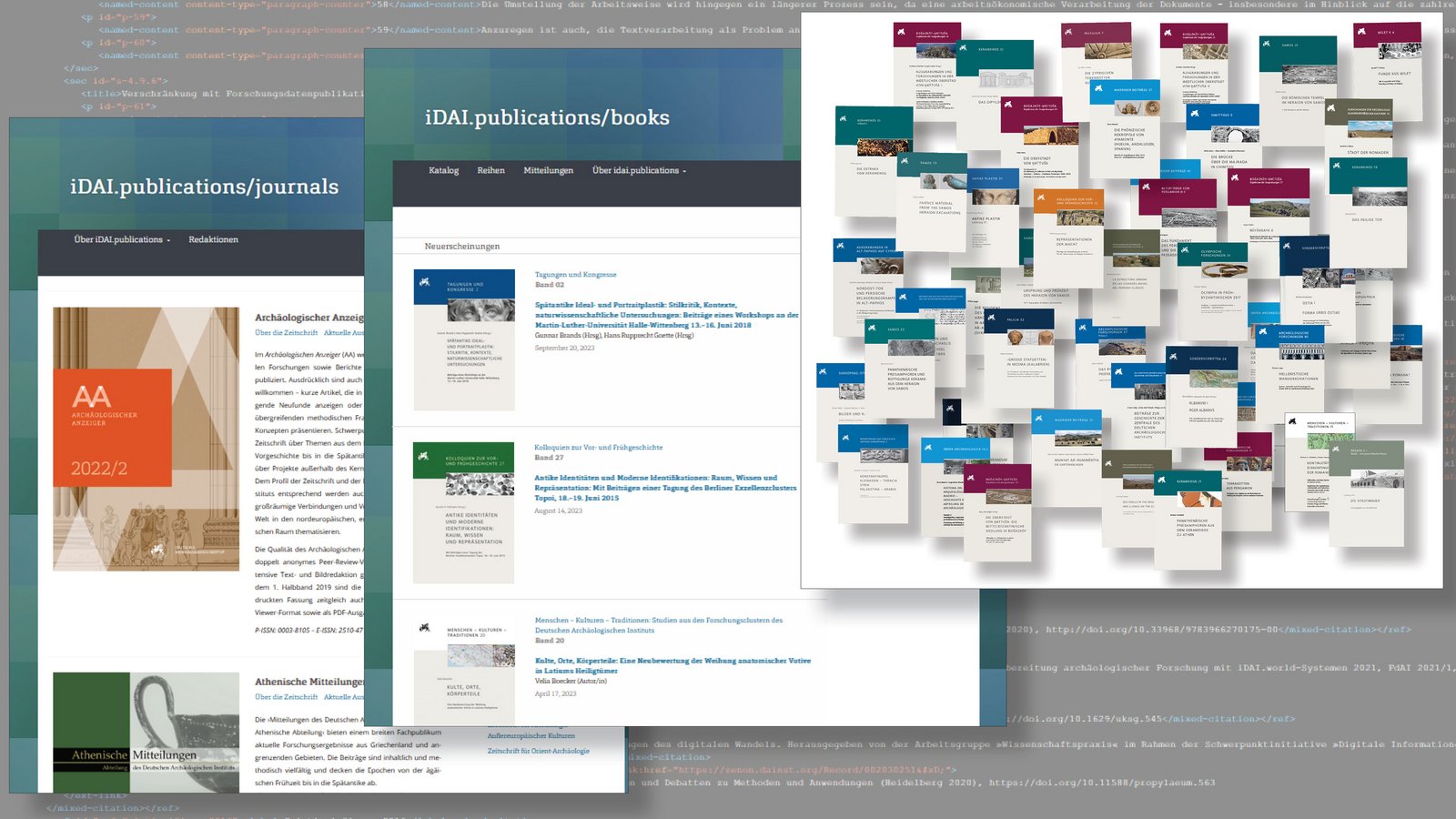As a publisher, the DAI offers a platform for high-quality research carried out by colleagues from all over the world, especially through its journals, but also its series and data publications. The publications focus on both modern archaeology and classical studies.

© DAI // Tanja Lemke-Mahdavi
Journals
Scholars are explicitly encouraged to submit their contributions to the DAI journals. Alongside the subject matter, which must be in accordance with the fields of interest of the respective journal, the criteria for admission to publication exclusively depends on the scholarly relevance of the contribution. As a rule, the latter is verified in a double-blind peer-reviewing process carried out in coordination with the respective scientific advisory boards. Formal editorial reports from the responsible editorial offices warrant for compliance with the formal quality standards set by the DAI.
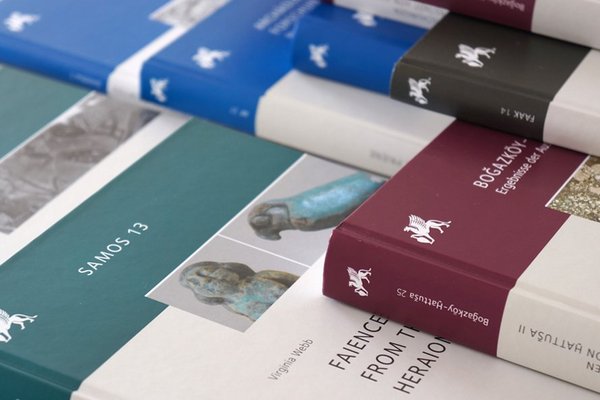
© DAI // Tanja Lemke-Mahdavi
Series
In contrast to the journals, the series published by the DAI primarily presents the results of research projects carried out by the DAI itself or related to established DAI projects. Manuscripts should therefore not be submitted without prior consultation with the editors. Standardised peer-reviewing processes furthermore license the scholarly and formal quality specifications required for publishing in the DAI's series.
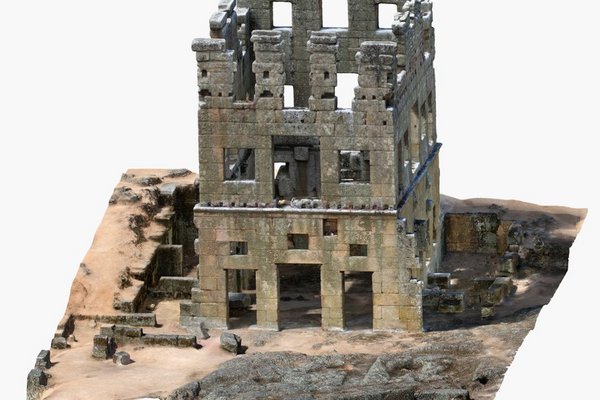
SFM Modell des Torre Centum Celas © DAI Madrid // Thomas Schattner
Research data
Research data forms a central component of all scientific work. By now, it is given the same importance as the reports and results published in journals and monographs. The funding institutions require the research data to be published in compliance with the principles stipulated by FAIR (Findable, Accessible, Interoperable, Reusable) with respect to transparency and possibilities for reuse.
Research data can be published within the DAI information infrastructures, either as data supplements or as independent data publications, depending on the respective requirements. The choice of the publishing system for the research data is subsequent to consultation with the editors of the respective journals or the responsible managing staff in charge of the department's research data.
What you need to know
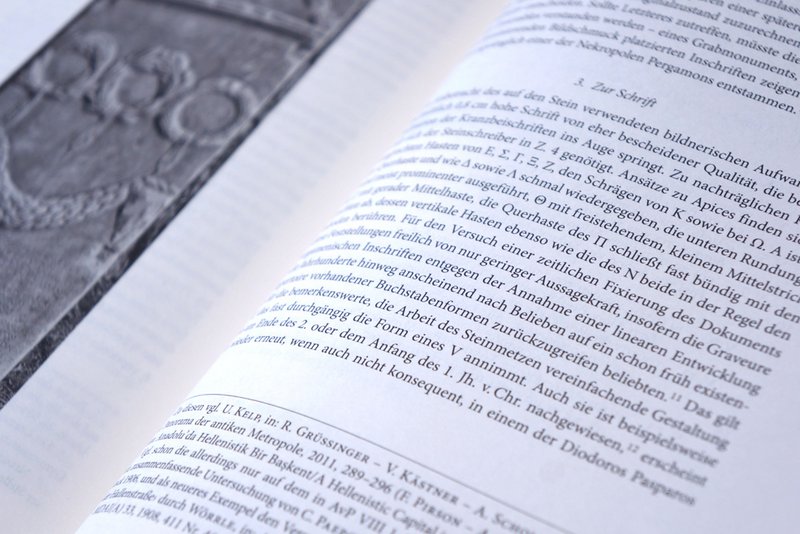
© DAI // Tanja Lemke-Mahdavi
Editoral Offices at the DAI
Between the time of submission and the day of publication, the editorial staff of the DAI's departments and commissions coordinate all the processes necessary for the successful publication of manuscripts in their respective fields. In addition to the editors themselves, they are the first points of contact for all authors who would like to publish their works in one of the DAI publication organs.
In the run-up to publication, the editing staff work with the authors to check all aspects of the manuscript, in particular the formal requirements and the citation style used at the DAI. They furthermore accompany the authors through all the necessary reviewing stages in consultation with the chief editors and subsequently begin with the copy-editing work and supervise the entire publication process.
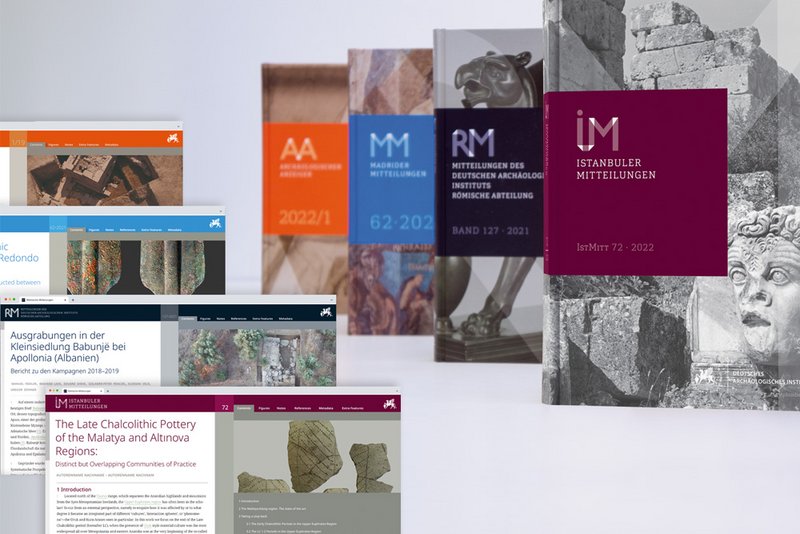
Die meisten DAI-Zeitschriften erscheinen zeitgleich online im Journal-Viewer-Format und als hochwertige gedruckte Ausgabe © DAI // Tanja Lemke-Mahdavi
Requirements and Goals
We want our journals and series to remain among the most prestigious in the field of international archaeological studies. Open access, standardised peer review procedures and high formal quality standards form the basis for the DAI's publications to continue to occupy a prominent position in international scholarly discourse.
The DAI's editorial teams work closely with the Research Data Management, Digital Library and Information Technology departments to provide the best possible solutions.
